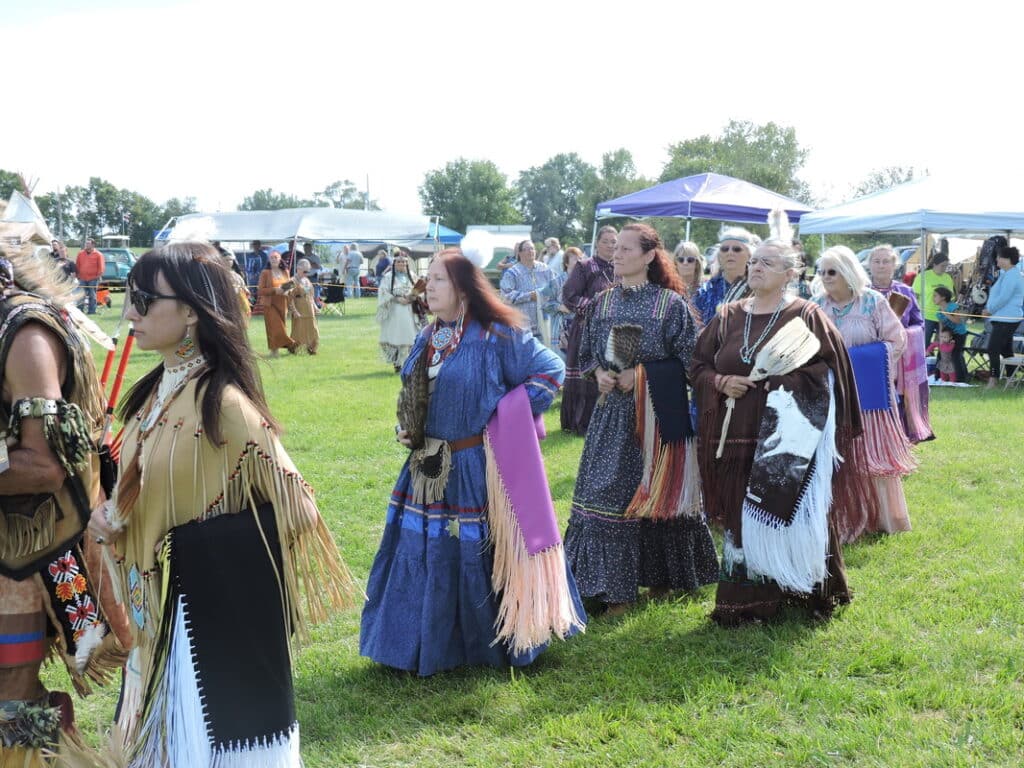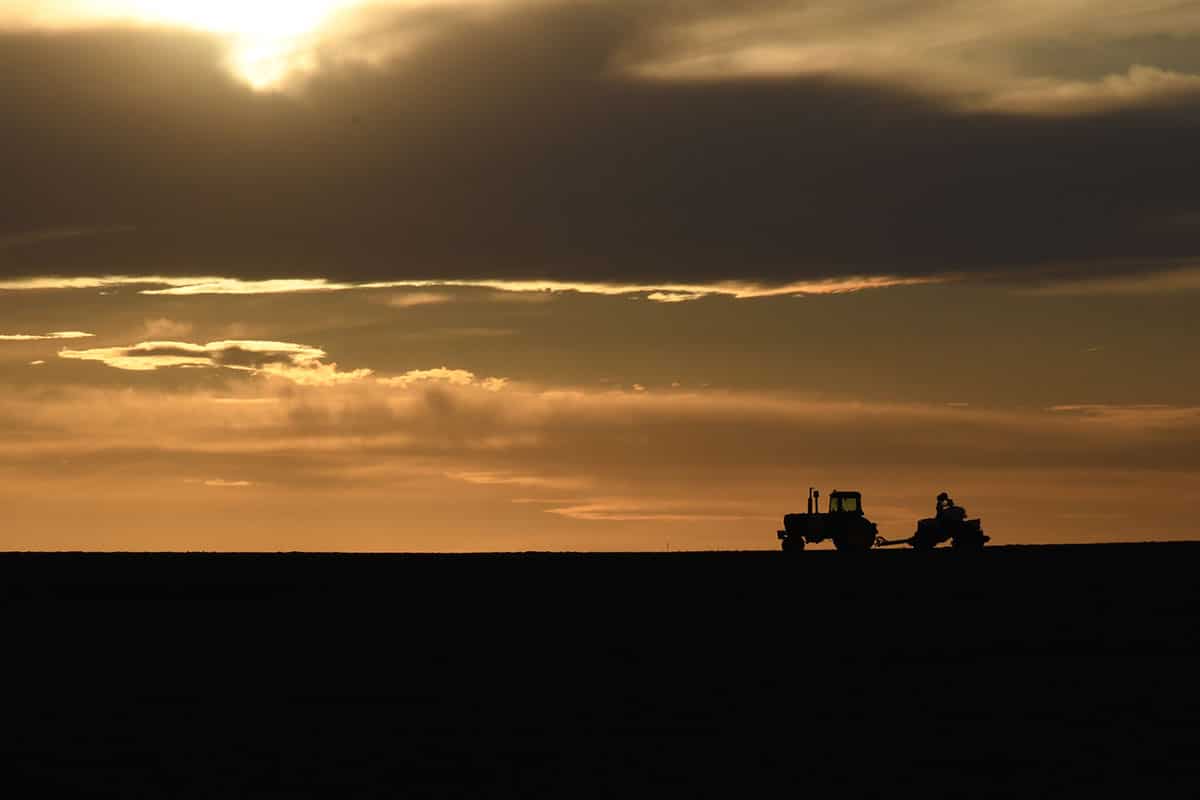Would you like to learn more about the culture and customs of indigenous people who once heavily populated Missouri? Those who helped preserve so many of the Show Me State’s natural resources? This event is the perfect learning ground.

By Peg Cameron Gill
At the Northern Cherokee Nation Powwow/Cultural Gathering Sept.15–17, 2023 you can get a first-hand look at the tribal traditions of the Cherokee people. Held at the Tribal Complex east of Clinton, admission to the Powwow and parking are both free.
Come and join the celebration with host drum Drowning Creek and emcee Chris Brown. The schedule of events will vary depending on which day or days you attend. Click here to view it.
The entertainment and rituals you might see include gourd and other intertribal dancing, namings and adoptions, the blessing of the arena, the grand entry, flag song, memorial song, and victory song.

Many vendors and crafters will be on hand, and Saturday’s festivities feature an auction.
The lighting of the sacred fire will take place the Thursday night before the Powwow begins on Friday Sept. 15.
The Powwow kitchen opens Friday at 2 PM, and will serve Indian tacos, fry bread, chili dogs, pulled pork, and Anthony’s BBQ.
Clinton has several hotels to stay at if you wish to enjoy a getaway weekend, Parkfield Inn (660-890-6188), Hampton Inn (660-885-4488), and West Bridge Inn and Suites (660-885-2206) are just a few.
If you have any questions about the 2023 Powwow, call Buffalo Sister at 660-885-7779.

About the Cherokee in Missouri:
At the same time the federal government was promising the Otoe and Missouria Indians “the friendship and protection of the United States [and] benefits and acts of kindness,” it was cutting up their tribal land and doling it out to the crush of settlers now inundating the region.
By 1815, some 53 treaties had been signed with the various tribes. As one historian understated, “The settlement of the Louisiana Territory was sudden, chaotic, and very overwhelming to Missouri tribes.”
Things would only get worse for the Kansa, Otoe, Missouria, Ioway, Osage, and other tribes that had ranged freely over the region. It began with the 1828 election of Andrew Jackson to the presidency. Jackson had successfully fought Creeks and Seminoles, earning the epithet “Indian Killer,” and had taken tens of millions of their acres. He had long been a proponent of—and an active participant in—confiscating Indian lands to accommodate the tides of white citizens looking to expand west.
Jackson pushed a law through Congress that allowed the government to negotiate the relocation of tribes living east of the Mississippi, through “removal treaties.” The act called for the exchange of Indian homelands for land in and around what is now Oklahoma, stipulating that tribes wishing to remain could do so. Despite assurances of “voluntary and peaceful” migration, tribes refusing to sign the treaties were forcibly driven from their homes.
The tribal groups most directly affected were those whom the government referred to as the “Five Civilized Tribes,” for their efforts in adapting to “white ways”: the Seminole, Cherokee, Choctaw, Chickasaw, and Creek. The law affected other southeastern and northern tribes as well; the federal government did little to impede the tens of thousands of white Americans who rushed to settle on land the Indians still occupied.
To read more about the Cherokee Nation in Missouri, Including the infamous “Trail of Tears”, click here.
For hundreds more events, visit Missouri Life’s Event Calendar.
Related Posts
No Rain Delay For This Missouri Artist
Missouri artist Debi Pickler began drawing and painting as a kindergartener, and had soon amassed quite a collection of work. She decided to stage an art show in her backyard. But before a single soul saw her creations, disaster struck.
3 More Unusual Missouri Museums
America’s most trusted man, Scooby’s Mystery Machine, and antique veterinary tools that would send Scooby howling to the hills—you’ll find them at these three Missouri museums. Head here to learn about wonderful and wonderfully weird exhibits.
This is Our Missouri
A photo project helps commemorate the bicentennial.



